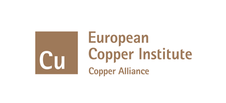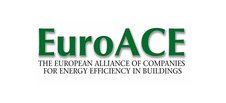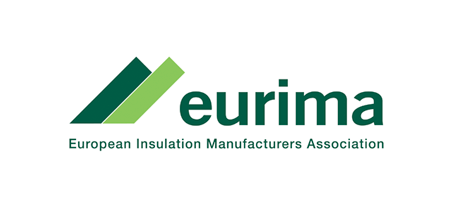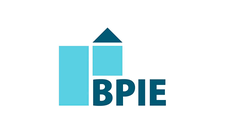Search eceee proceedings
Regulatory update: A twenty-state (US) review of regulatory regimes and effective energy efficiency programs
Panel: 1. Foundations of future energy policy
This is a peer-reviewed paper.
Authors:
Robert Neumann, Navigant Consulting, USA
Kathleen Gaffney, Navigant
Randy Gunn
Robert Harrison
Christy Zook
Abstract
The regulatory environments in which program administrators operate energy efficiency (EE) programs in North America are constantly changing. EE policies define program implementation, program evaluation and spending so as to capture savings and determine cost recovery. A continuing experiment is in progress with each state’s regulatory regime taking a different approach to governing EE.
This paper seeks to answer a number of key questions regarding the EE policy framework in 20 US states and their ability to facilitate the achievement of regulatory goals, updating similar assessments conducted in 2012 and 2014. Key questions include: What can be learned by comparing EE programs? What are the unintended consequences? What does this show about how to encourage EE?
In addition to a comparison of EE program performance, our analysis includes a summary of state-by-state legislative and regulatory EE goals, cost recovery provisions and incentives. Based on research and interviews, we review and categorize regulatory approaches to EE programs across specific states, and analyze the range of positive and negative outcomes that follow from the various types of regulatory approaches. We conclude that states in which EE targets are set by a legislature and enabled by a state commission typically achieve greater EE savings than do states in which legislatures and commissions have done little to implement formal EE initiatives.
Downloads
Download this paper as pdf: 1-415-17_Neumann.pdf
Download this presentation as pdf: 1-415-17_Neumann_presentation.pdf
Panels of
1. Foundations of future energy policy
2. Policy: governance, design, implementation and evaluation challenges
4. Mobility, transport, and smart and sustainable cities
5. Buildings and construction technologies and systems
6. Buildings policies, directives and programmes
7. Appliances, products, lighting and ICT
8. Monitoring and evaluation: building confidence and enhancing practices























